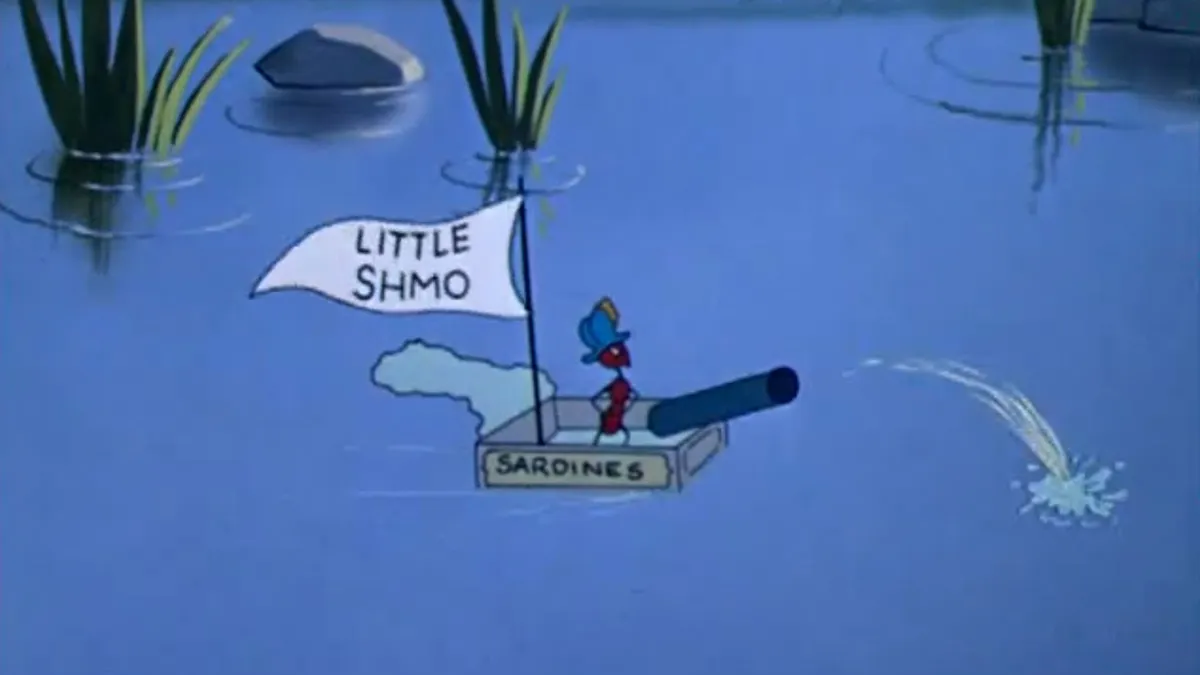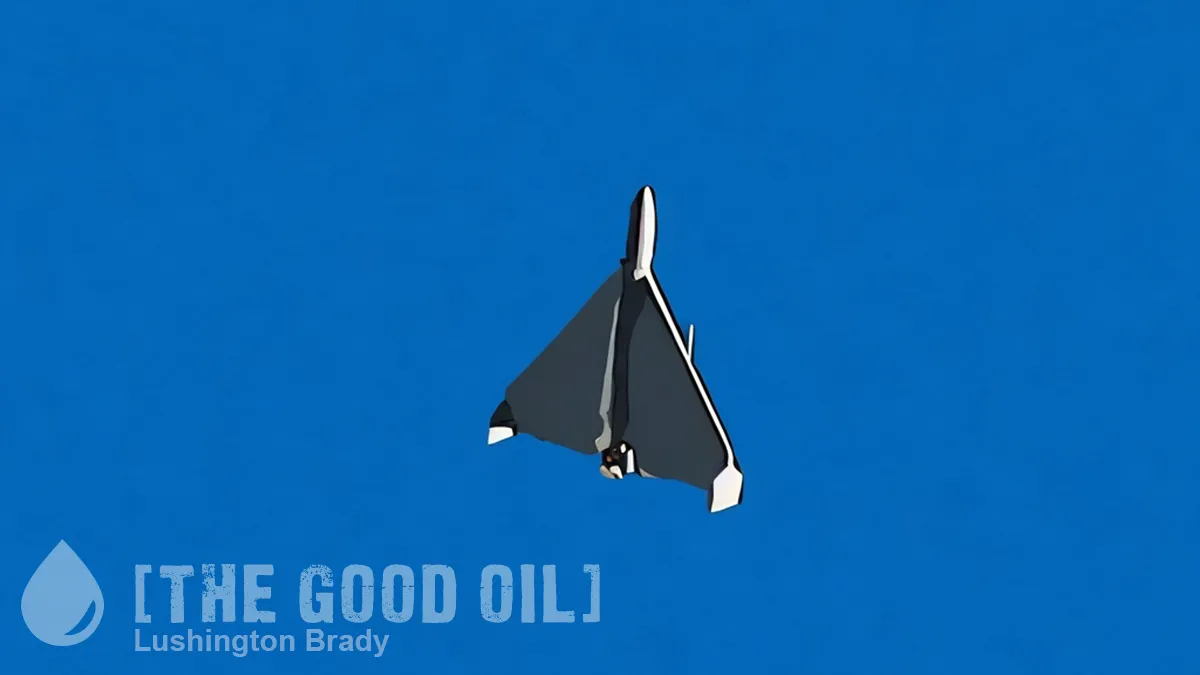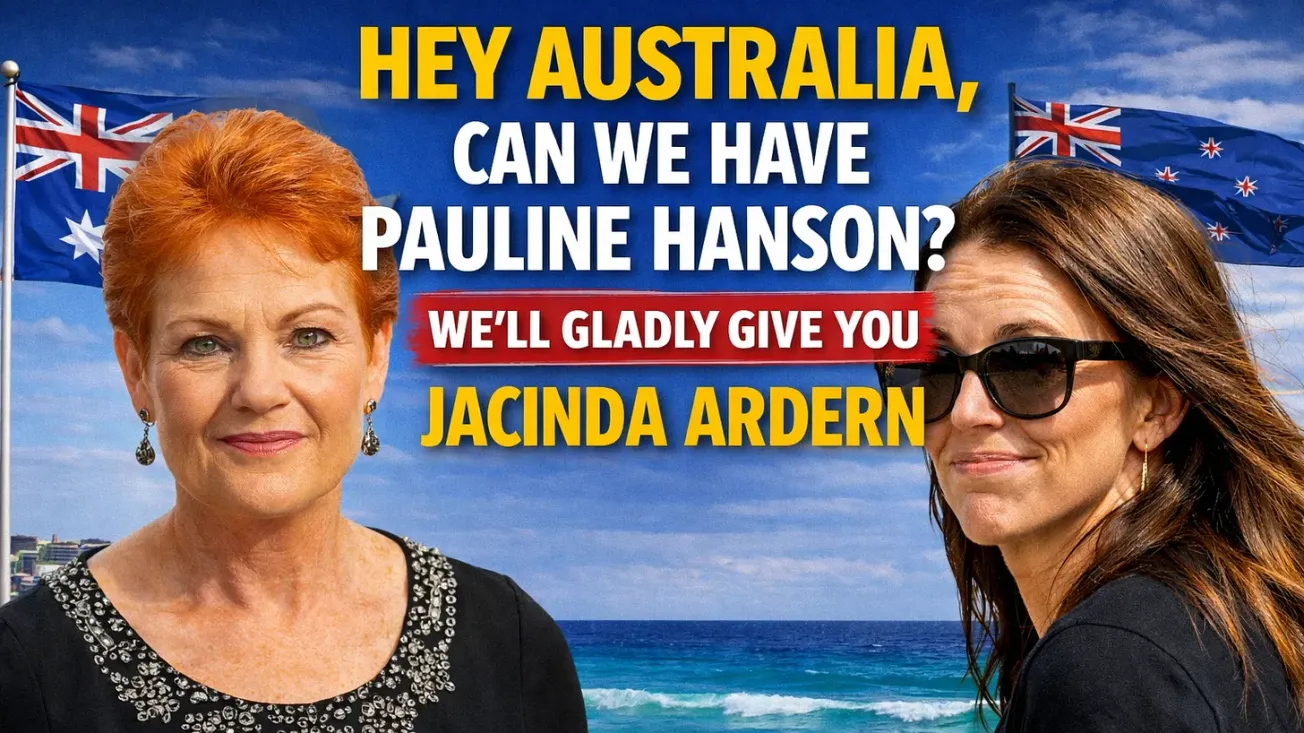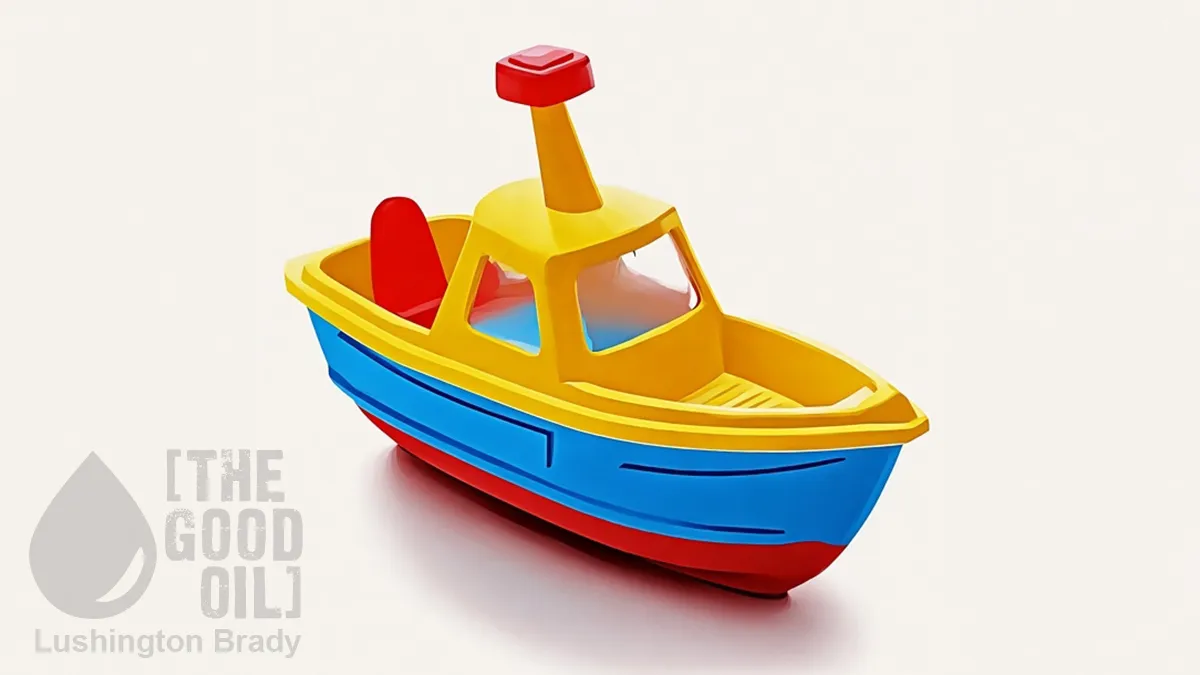Table of Contents
As I wrote yesterday, New Zealand and Australia face some hard strategic challenges in the coming decades. Whether or not American power in the Pacific declines – and I suspect that rumours of its demise are greatly exaggerated – it remains certain that Beijing will continue to flex its military and economic muscle in the region.
And, as the recent Pacific Islands Forum showed, they’ll have no shortage of grasping sycophants eager for Chinese cash regardless of the strings attached.
Not only will the kumbaya, liberal assumptions of globalists like Ardern need to be purged by a cold, hard dose of realism; the very nuts and bolts of strategy will need to be rethought. In the 2000s, Obama sneered at the idea that the downgrading of America’s blue-water fleet was even a problem. The cosy assumptions of the supposed “smartest guy in the room” have long been overtaken by reality in the South China Sea.
How will New Zealand have to rethink its defense strategy?
“The most natural way for New Zealand to do that would be to focus on one or two capabilities which would be critical to a collective maritime denial capability.
“I wouldn’t frankly spend a lot more money on surface ships, at least not on surface ships equipped for operating in highly contested environments because I don’t think that’s going to work.
“I don’t think Australia should be doing it either, but big investments in long-range maritime patrol aircraft and their un-crewed successors makes a lot of sense.”
Basic geography means that, like Australia, New Zealand has less reason than, say, Europe, to focus its capabilities on ground warfare. Instead, we have a lot of water and air to keep our eyes on.
White, however, said he was not a great fan of the Poseidon P8 maritime patrol aircraft which New Zealand was buying four of because of what he said was its over-emphasis on anti-submarine warfare.
“But the surface search and anti-surface ship capabilities. that makes a lot of sense.
“So it’s not as though it’s impossible to conceive what a New Zealand contribution would look like.
The biggest problem is that New Zealand’s capability has mostly been steadily downgraded, as successive leaders gambled on the country’s relative isolation, as well as their dogmatic faith in globalist institutions. But, as the world has rapidly found, Beijing only plays by the rules where it suits them.
Like European nations, too many of New Zealand’s leaders have figured that they can safely hide behind the shield of America, even as they poke their tongues out at the world’s policeman. But Trump has made it clear that America is sick of being so taken for granted. NATO nations were delivered a harsh reminder to pull their weight in defense for a change. New Zealand ought to pay attention. America is already sending warning signals to New Zealand about its dalliance with Huawei.
“But to carry much weight, [the contribution] would need to be a lot bigger than New Zealand conceives at the moment.
“And so New Zealand faces that same choice that Australia faces; is the risk out there big enough to warrant that kind of effort […] If I’m right that our confidence in the sustainability of the status quo over the next few decades is going to prove to be misplaced, then it’s going to be an easy decision […]It’s going be hard to dodge the pressure that global forces and, regional change are imposing on us […]
“We are facing the biggest shift in the strategic environment at least since the end of the Vietnam War and, I think […] since European settlement.”
http://politik.co.nz/en/content/foreignaffairs/1640
https://thebfd.co.nz/2019/09/the-hard-strategic-choices-facing-new-zealand/









